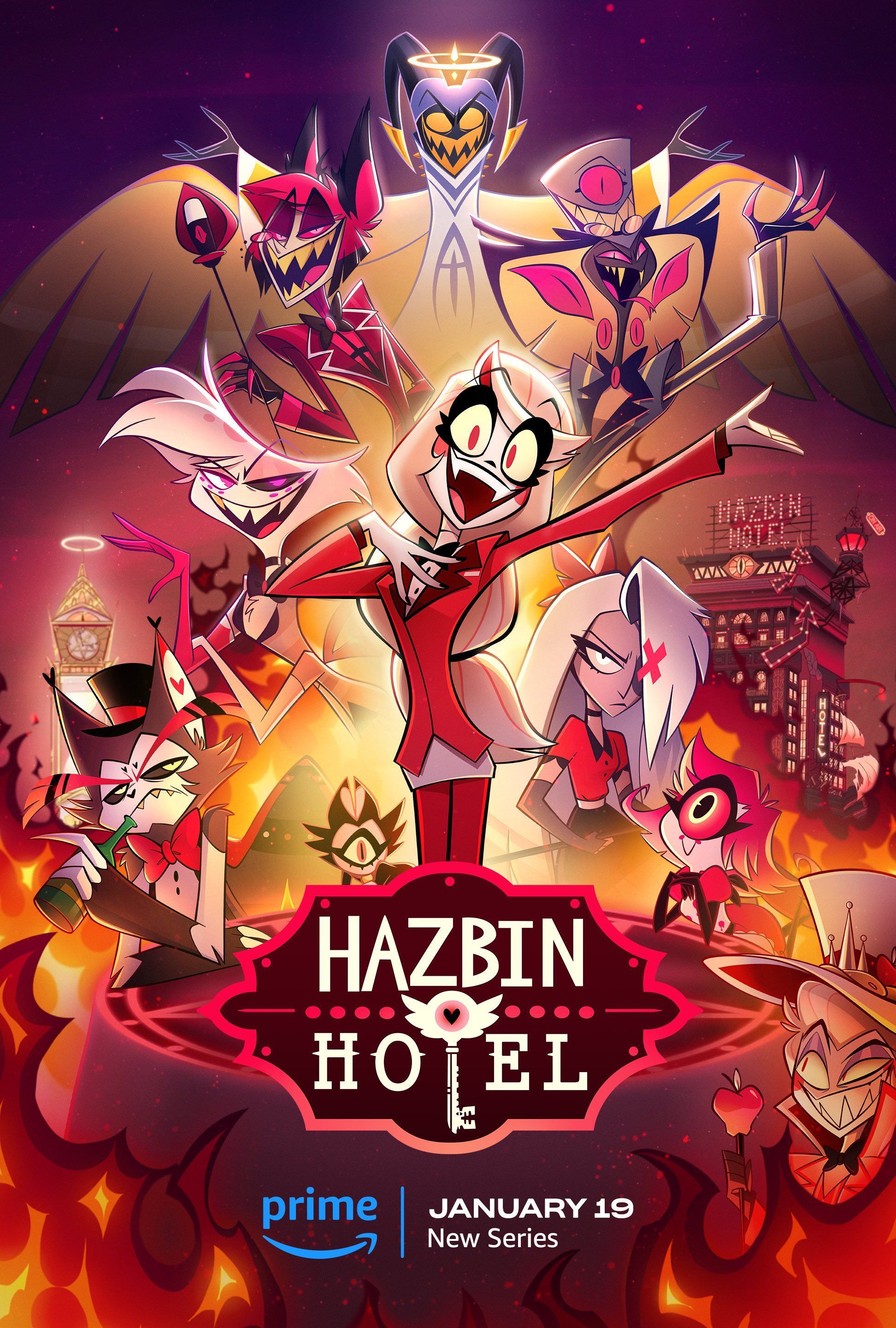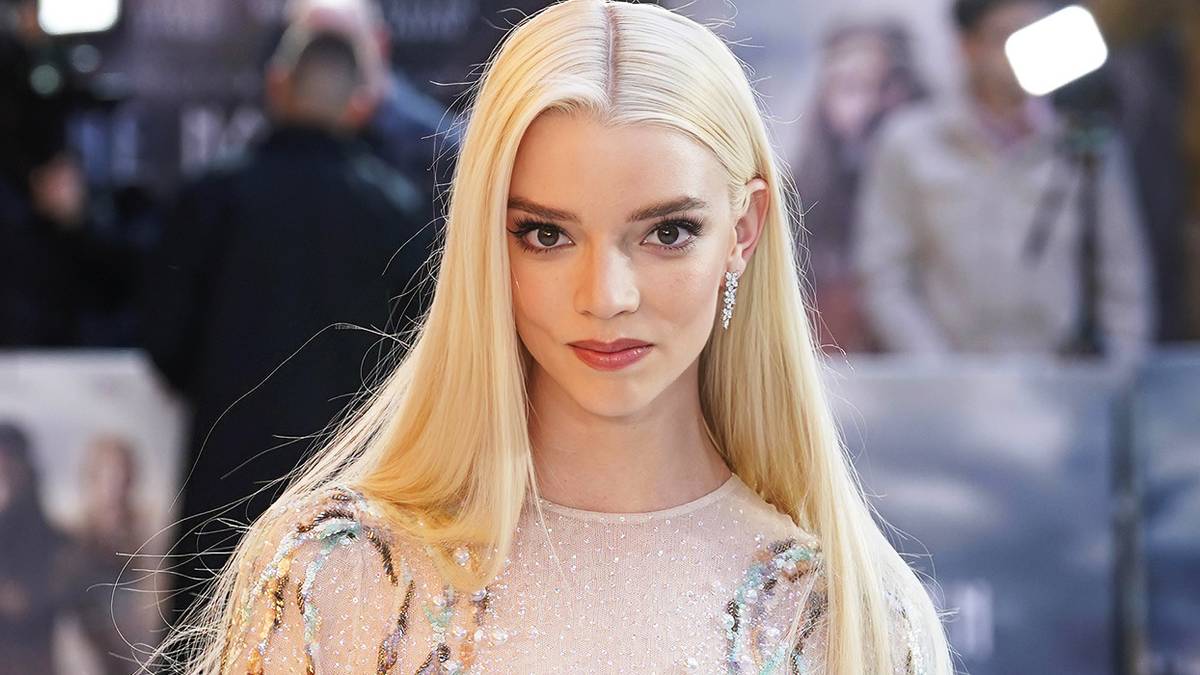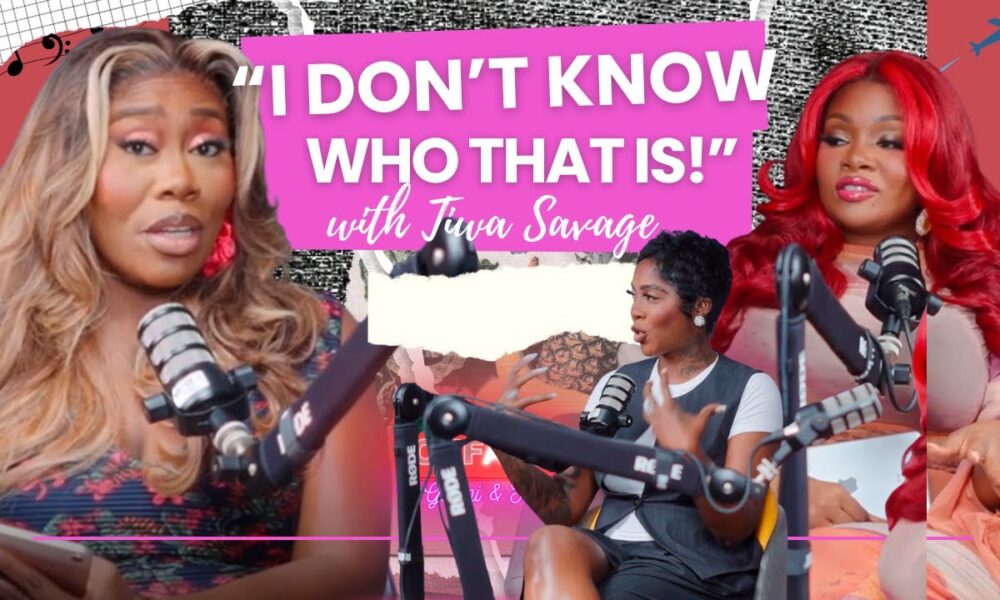Naira Marley Breaks Silence on Mohbad's Death Amidst Public Outcry
The tragic death of Nigerian musician Ilerioluwa Oladimeji Aloba, popularly known as Mohbad, on September 12, 2023, at the age of 27, ignited a firestorm of public outrage, largely directed at his former record label boss, Azeez Fashola, known as Naira Marley. While a Magistrate's Court in Yaba, Lagos, acquitted Naira Marley, music promoter Sam Larry, Primeboy, and Mohbad's former manager Babatunde Opere of blame, a Coroner's Court in Ikorodu later recommended the criminal prosecution of auxiliary nurse Feyisayo Ogedengbe for gross medical negligence, stating her actions were "unlawful and professionally negligent." Months after his acquittal and amidst intense public scrutiny, Naira Marley finally broke his silence, releasing a detailed video documentary on YouTube to present his side of the story and address the myriad allegations that have surrounded him and his Marlian Music label.
In his highly anticipated documentary, Naira Marley recounted the early days of his relationship with Mohbad. He revealed that he first learned of Mohbad's use of an illegal substance called "Ice" on June 7, 2020. Despite this, Marley claimed he wasn't angry, instead advising Mohbad about the dangers, to which the singer attributed his drug use to stress. Marley also presented evidence that Mohbad chose his own manager, Tunde, in July 2020, and that their financial arrangement involved a 50-50 split of earnings after Marley covered all initial expenses. He further debunked claims that Mohbad feared hospitals by showing a November 2020 WhatsApp chat indicating a hospital visit. A significant financial dispute also arose when Mohbad allegedly used an account belonging to Adesanya Justina Olajumoke, which Marley suspected was linked to Mohbad's wife Wunmi's family, before Mohbad eventually began using his own account, Aloba Promise.
A pivotal event in the narrative was the National Drug Law Enforcement Agency (NDLEA) raid on Marlian House on February 24, 2022. Naira Marley, who was in Sweden at the time, stated that Mohbad was taken along with other signees like Zinoleesky after a physical altercation with officers. Shortly after his release, Mohbad went live on Instagram, allegedly under duress and experiencing a panic attack, during which he accused Naira Marley and others, including his girlfriend Wunmi and Zinoleesky, of endangering his life, notably saying, "If I die, everybody na Marlian Music, Naira Marley kill me." Despite these accusations, Mohbad remained with Marlian Music. Naira Marley claimed that Mohbad, his parents, and Wunmi later apologized for the singer's actions. Following this incident, Mohbad moved out of Marlian House, but Marley insisted he continued to provide support, arranging and paying for health checks and medications for Mohbad, who often reported feeling unwell.
The documentary further delved into Mohbad's evident struggles with mental health. On March 27, 2022, while Naira Marley was in Puerto Rico, Mohbad allegedly attempted suicide by trying to jump from a window, and later that year, he was found searching online for a deadly insecticide called Sniper. Upon his return to Nigeria, Marley spoke with Mohbad and his parents, concluding that Mohbad needed to be moved for his safety. The relationship between Mohbad and his self-chosen manager, Tunde, also deteriorated, leading to a physical altercation at Marlian House on October 4, 2022, where an intoxicated Mohbad confronted Tunde. Following this fight, a series of tweets accusing Naira Marley of threats to Mohbad's life circulated, which Marley believed were fabricated by someone else using Mohbad's phone, given their otherwise good relationship and Mohbad's knowledge that Tunde was not Marley's brother.
The professional relationship ultimately concluded with a contract termination. On October 7, 2022, Mohbad's lawyer sent a letter seeking to end his contract and requesting payment logs, which Naira Marley provided to demonstrate transparency. However, Marley revealed that in December 2022, Mohbad withdrew $72,000 from a Digital Service Provider (DSP) partner without authorization. Consequently, Marlian Music withheld some of his royalty payments until the sum was returned. Naira Marley stated the last time he saw Mohbad was on October 4, 2022, the day of the fight with his manager. On the day of Mohbad's death, September 12, 2023, Naira Marley asserted he was in Europe and was unjustly accused. He also criticized the Nigerian police for detaining him for two months without a clear resolution. He concluded by affirming that Mohbad's royalties remain untouched and Marlian Music is prepared to hand them over to Mohbad's family or a court-appointed representative, and he maintained he never sent anyone to bully Mohbad.
Beyond the specifics of Mohbad's case, his death became a stark illustration of Nigeria's aggressive "cancel culture," which is fast, final, and unforgiving. The initial announcement of his death quickly escalated into a social media "courtroom," where public outrage, fueled by leaked videos and voice notes, led to an instant verdict against Naira Marley. This "mob justice" resulted in widespread boycotts, song bans by radio stations, and a digital manhunt, effectively wrecking Marley's career overnight. Unlike in other parts of the world, Nigerian cancel culture is characterized by its ruthlessness, fueled by a deep distrust in state institutions and a hunger for immediate, often emotionally driven, justice. Public figures like Martin "VeryDarkMan" Otse, Iyabo Ojo, and Tonto Dikeh amplified these calls for justice, further entrenching the narrative against Marley.
The dangers of such a pervasive cancel culture are numerous, particularly in a society where the judiciary is perceived as weak and gossip blogs often overshadow factual evidence. It fosters moral signaling, where individuals publicly denounce "evil" while potentially ignoring their own ethical failings. Mohbad's tragic death, therefore, served as a broader canvas for Nigerians to express frustrations with governmental failures, institutional weaknesses, and systemic exploitation within the entertainment industry, including issues like unfair contracts and bullying. Instead of addressing these root causes, the collective outrage was often narrowly channeled into condemning one individual, an approach that ultimately failed to resolve the underlying systemic rot.
Moving forward, there is a clear call for a more discerning populace that prioritizes facts over gossip, especially in an age susceptible to AI-driven misinformation and deepfakes. The media, as the fourth estate, bears a significant responsibility to provide balanced, nuanced, and verified reporting, rather than acting as a megaphone for mob rule. Naira Marley's recent documentary, though divisive, underscores a crucial lesson: silence in the face of controversy can severely damage a brand, while speaking out, even if late, can prompt re-evaluation. The entertainment industry itself must establish robust structures for accountability, including proper unions, mediation boards, and welfare protections, to address internal issues and prevent public outrage from filling the vacuum of weak regulation. Finally, artists and creatives must proactively crisis-proof their brands, manage associations, and respond to controversies with transparency and empathy, understanding that in a cancel-prone environment, missteps or perceived guilt can obliterate careers swiftly, often without achieving true justice or closure.
You may also like...
Mystery Striker's Phenomenal Form: Club Title Push & World Cup Glory Beckon

Europe's top football leagues are witnessing an unprecedented goal-scoring spree led by Kylian Mbappe, Harry Kane, and E...
‘Hazbin Hotel’ Season 2 Sparks Buzz: Fan-Quoted Scene & Musical Ambition Revealed!

Hazbin Hotel Season 2 is poised for an explosive debut, promising a "bigger, louder, and more chaotic" experience. New m...
‘Tron: Ares’ Stumbles at Box Office, Facing Harsh Realities After Disappointing Debut

The sci-fi sequel <em>Tron: Ares</em> opened to a disappointing $60 million globally, significantly underperforming agai...
Charli XCX Shocks Fans with Surprise SNL Cameo During Role Model's 'Sally'

Role Model made his Saturday Night Live musical guest debut, performing two tracks from his album and featuring a surpri...
Chappell Roan Under Fire: Homeland Security Reacts to 'F—k ICE' Rose Bowl Remark

Pop sensation Chappell Roan ignited a political firestorm during a recent Los Angeles concert, publicly criticizing ICE ...
Fairytale Ending: Oyinda & Adepoju's Unbelievable Love Story Unveiled!

After experiencing parallel heartbreaks in 2020, Oyinda and Adepoju found love through a serendipitous connection orches...
Tiwa Savage's Shocking Confessions on OffAir with Gbemi and Toolz!

Tiwa Savage, the Queen of Afrobeats, sits down with Gbemi and Toolz on OffAir to discuss her journey, music, motherhood,...
High-Street Sensation: Fashion Fans Snatch Up Barbour Jacket Dupe, Saving £158!

Fashion enthusiasts can replicate the iconic Barbour jacket look for significantly less with New Look's new cropped dupe...
